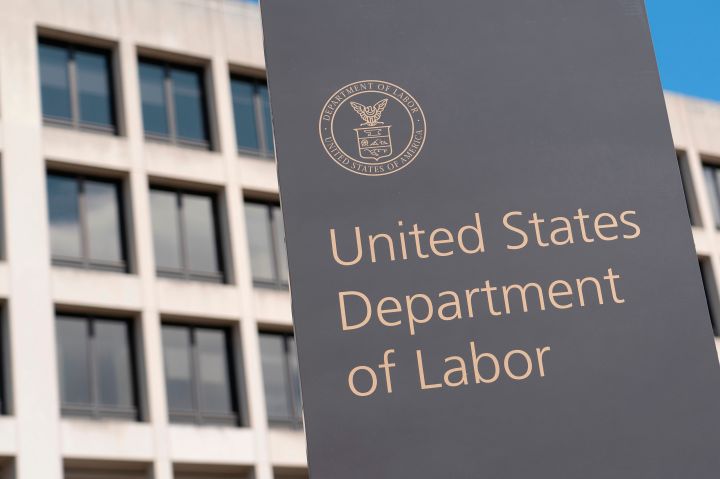
What will losing $600 a week in federal unemployment mean for the jobless?
What will losing $600 a week in federal unemployment mean for the jobless?

More than 25 million Americans stand to lose $600 per week in federal unemployment benefits at the end of July if Congress and the White House can’t agree to extend the payments.
The federal bonus has been a lifeline in Austin, Texas. Before the pandemic, the city was gearing up for the annual South by Southwest festival, when everyone from theater folks to bartenders to ride-share drivers was planning to work around the the clock for a whole month to earn a significant chunk of their annual pay.
Then COVID-19 hit.
“When the city announced that was going to be shut down, it just pulled the rug out from under everything,” said Stephen Pruitt, a lighting designer and videographer who had gigs lined up throughout the festival, followed by a tour of China.
Instead, “myself and everyone else just lost every job that we had,” he said.
Before the pandemic, freelance workers would have been out of luck because they aren’t typically eligible for jobless benefits.
But Washington made them eligible early in the pandemic and added $600 a week to almost everyone’s unemployment checks.
Pruitt said that’s “been the difference between, you know, paying my rent and eating versus not.”
If Washington doesn’t extend the $600 weekly payment, come August, Pruitt will get around $200 a week in unemployment.
“At that point, I’m probably still paying my rent,” he said. “But I may have to talk to my bank about can I defer my car loan. I can still survive, but now I’m going to be figuring out how to prioritize which bills to pay.”
All over the country, people in states with comparatively low jobless benefits, like Texas, will face a 50% to 75% pay cut at a time when getting a new job isn’t necessarily easy or safe, said Andrew Stettner at The Century Foundation think tank.
He said that means “people worried about losing their housing, having to move in with relatives, not really be able to get by on unemployment benefits.”
Ending the federal supplement will suck $25 billion a week out of the economy, Stettner said — money people spend right away on rent, food, transportation and other essentials.
The money is also keeping some small businesses alive.
An Zebley is cook, server and business manager at Yum Bakery in Kansas City, Missouri. When the state shut down, she signed up for pandemic unemployment.
“It’s gone toward shop expenses,” she said. “I mean, I still have to pay rent even when I’m closed, and utilities and all that, since I haven’t had any revenue really.”
When the state reopened, she was no longer eligible for unemployment. So she reopened her bakery, fully masked, for takeout only.
“And then Monday I woke up with flu symptoms and went to the doctor, and I’m presumptive positive” for COVID-19, she said.
She’s quarantining now, and her shop is closed. If she doesn’t start getting unemployment payments again, she’s not sure she’ll be able to reopen.
How much spending power that extra $600 provides varies quite a bit across the country. Our colleagues at APM Research Labs have created an interactive map that shows how much.
There’s a lot happening in the world. Through it all, Marketplace is here for you.
You rely on Marketplace to break down the world’s events and tell you how it affects you in a fact-based, approachable way. We rely on your financial support to keep making that possible.
Your donation today powers the independent journalism that you rely on. For just $5/month, you can help sustain Marketplace so we can keep reporting on the things that matter to you.


















